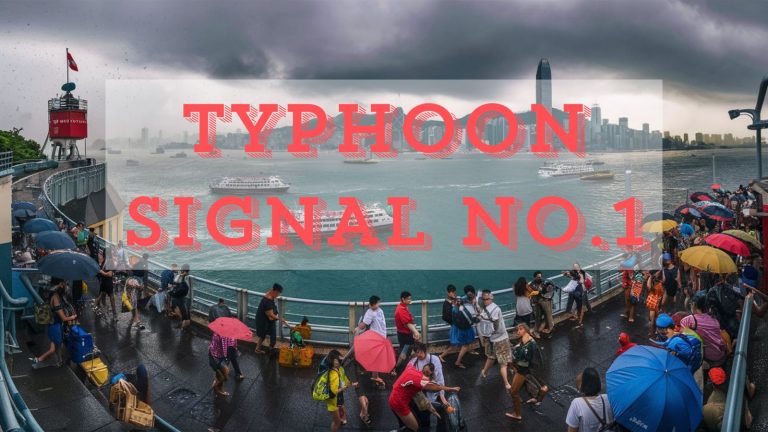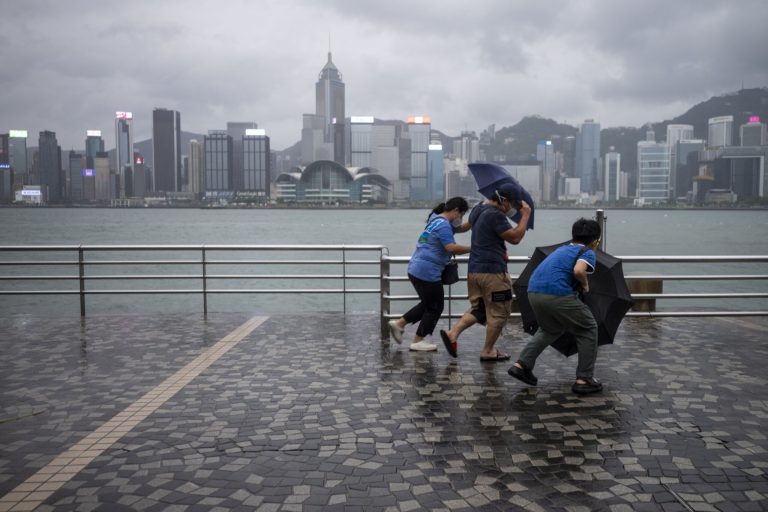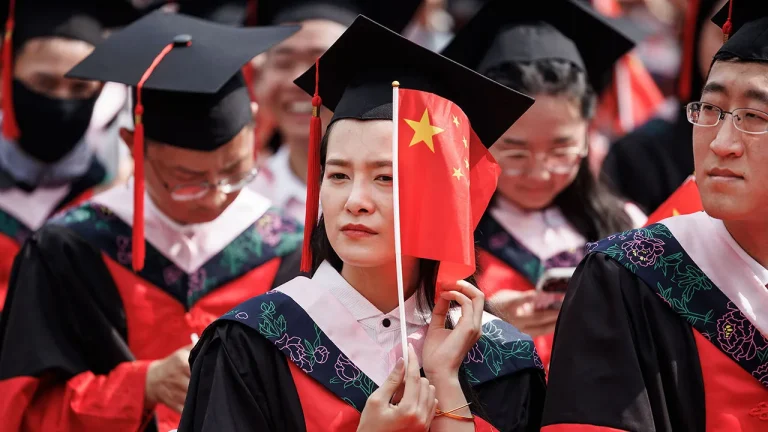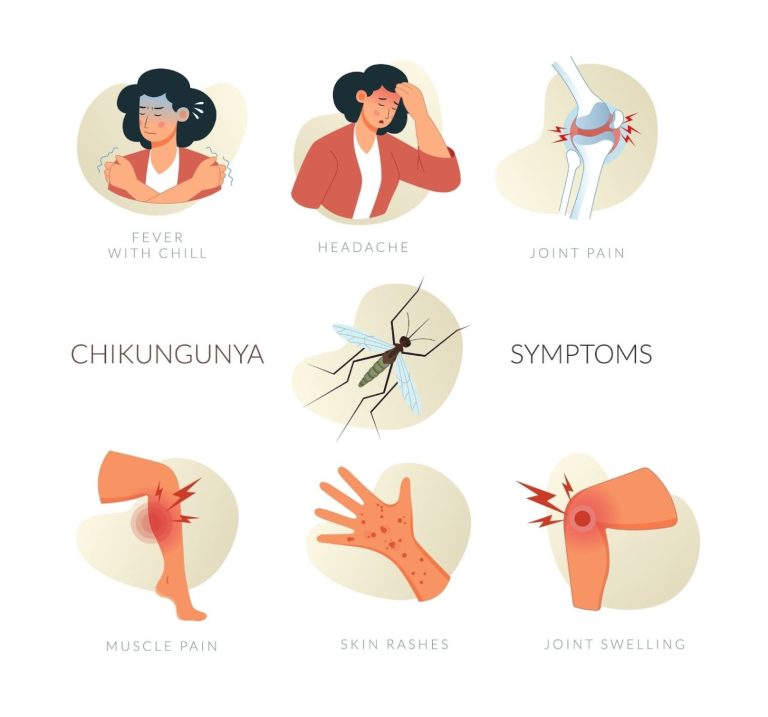Hong Kong’s Department of Health is taking decisive action to combat the growing threat of Chikungunya virus, a mosquito-borne disease that’s raising significant public health concerns. Recent developments reveal a proactive strategy designed to protect the city’s population from potential widespread transmission.
In just one week, five imported cases of Chikungunya triggered an urgent response from health authorities. Director of Health Ronald Lam Man-kin has spearheaded a comprehensive approach that dramatically enhances the city’s testing and prevention capabilities. The department can now process hundreds of virus samples daily, with test results available in a remarkably quick four-hour turnaround.
The urgency stems from unique challenges presented by current Chikungunya strains. These viruses demonstrate frequent genetic mutations and rapid transmission rates, making traditional containment methods increasingly complex. Global warming and rising tourism from nearby regions have expanded the potential transmission zones, pushing mosquito vectors beyond their traditional tropical and subtropical boundaries.
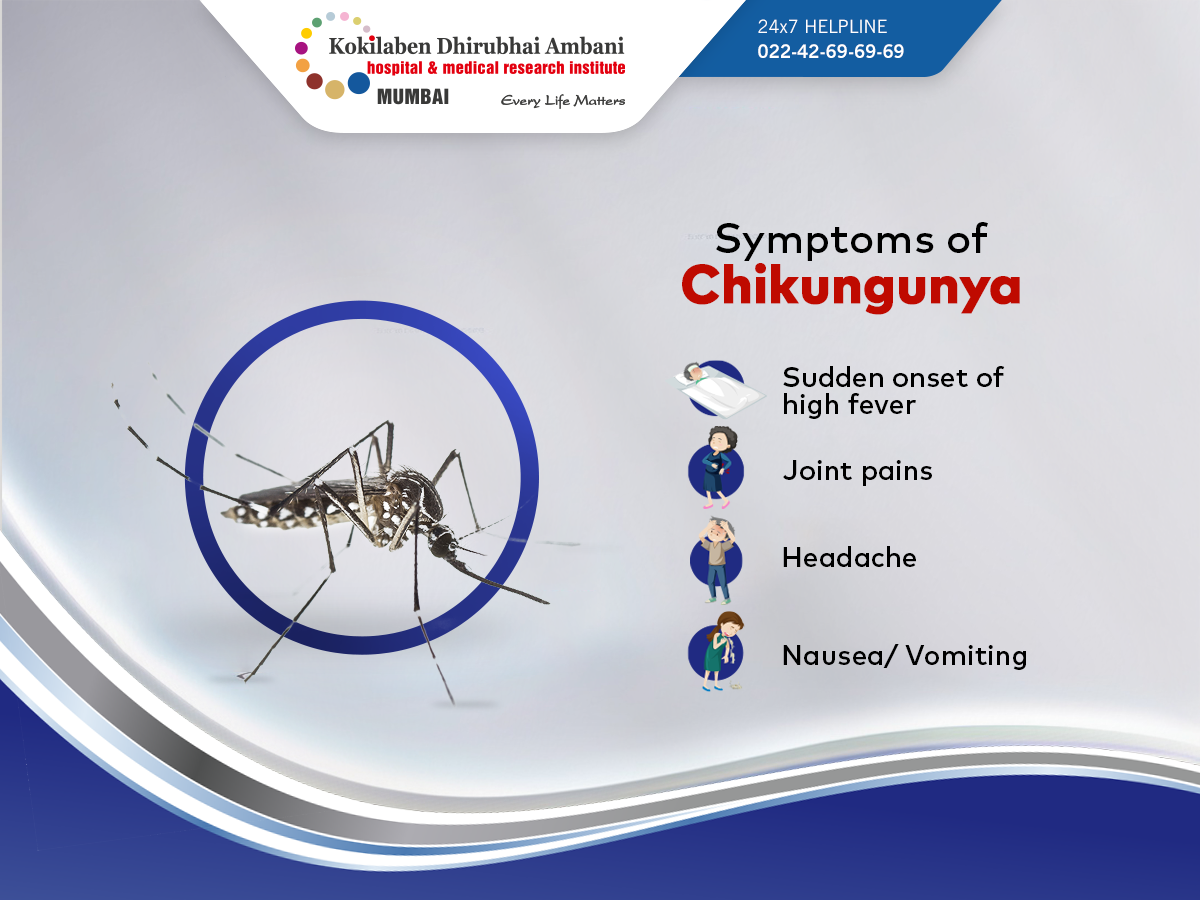
To address these risks, the Department of Health is implementing a multi-layered strategy. Collaborations with the Hospital Authority are ensuring robust reserves of testing reagents, while partnerships with private service providers prepare the healthcare system for potential severe outbreak scenarios. The focus extends beyond mere testing, encompassing comprehensive mosquito prevention and control strategies, particularly in cross-border areas with higher importation risks.

One significant challenge is the virus’s lengthy incubation period, which can last up to 12 days. This makes immediate health screenings at ports of entry largely ineffective. Recognizing this limitation, authorities are developing targeted public awareness campaigns to educate travelers about monitoring their health conditions and seeking medical attention if symptoms emerge.

The current approach prioritizes early detection and containment. By upgrading testing infrastructure and establishing strategic partnerships, Hong Kong aims to minimize the potential for local transmission. The department understands that prevention is crucial, especially given the evolving nature of infectious diseases in a globally connected world.
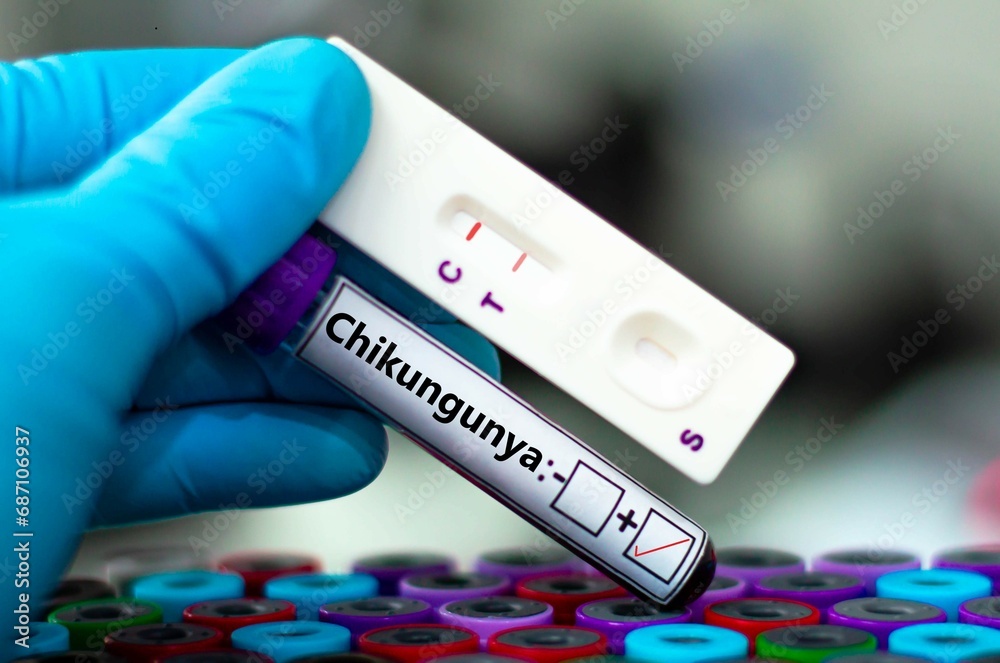
Climate change and international travel dynamics have transformed how cities like Hong Kong must approach emerging health threats. The Chikungunya response demonstrates a sophisticated understanding that modern public health requires adaptive, proactive strategies. Mosquito control, traveler education, and rapid testing capabilities are no longer optional but essential components of urban health management.
While the immediate focus remains on imported cases, the underlying strategy reflects a broader commitment to public safety. By investing in advanced testing technologies, fostering inter-institutional collaborations, and maintaining high vigilance, Hong Kong is positioning itself as a model for responsive public health management.
The Department of Health’s comprehensive approach sends a clear message: preparedness is the best defense against potential disease outbreaks. As global health landscapes continue to evolve, cities must remain agile, informed, and ready to respond swiftly to emerging challenges.
For residents and travelers alike, staying informed and following official health guidelines will be crucial in preventing the spread of Chikungunya and protecting community health. The ongoing efforts in Hong Kong serve as a testament to the power of proactive, science-driven public health interventions.


